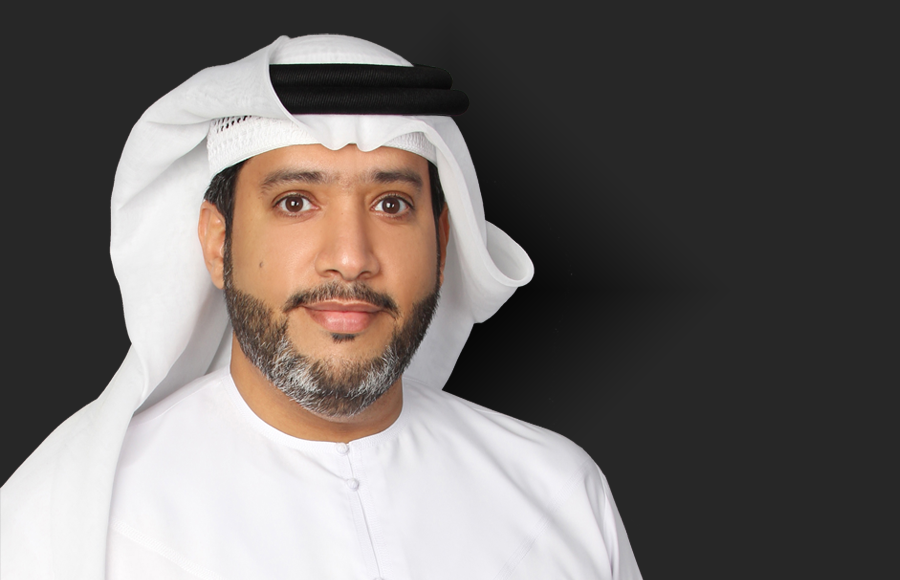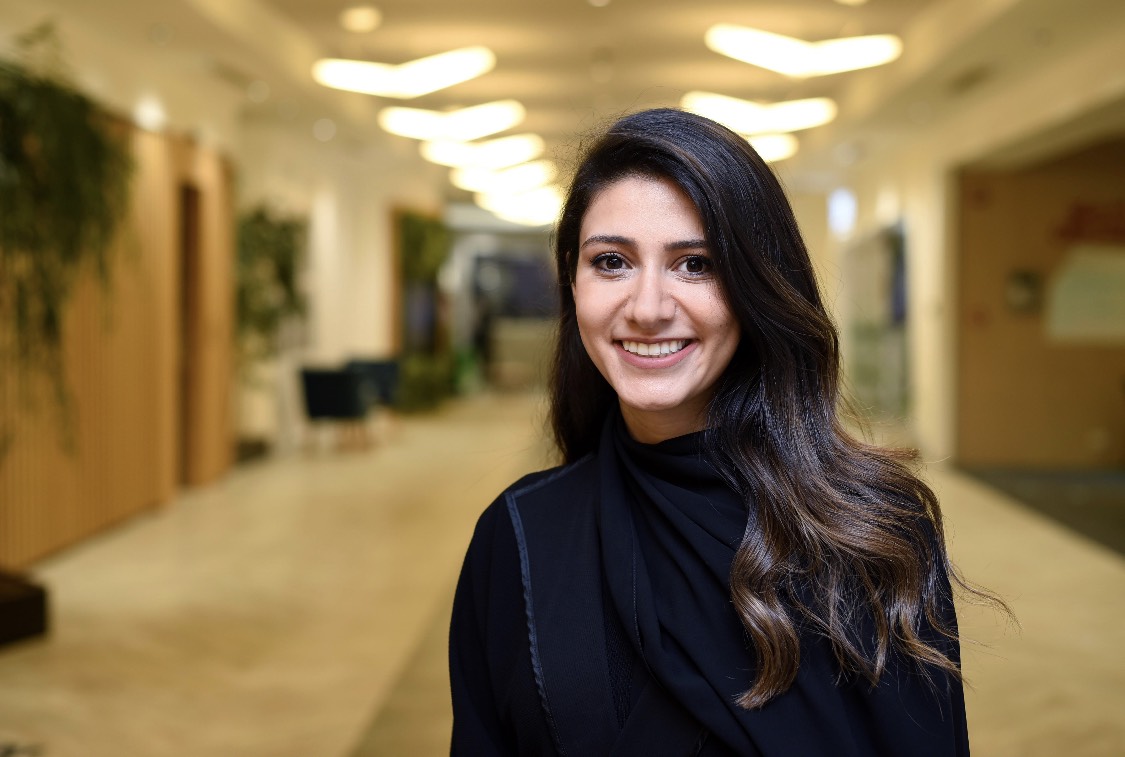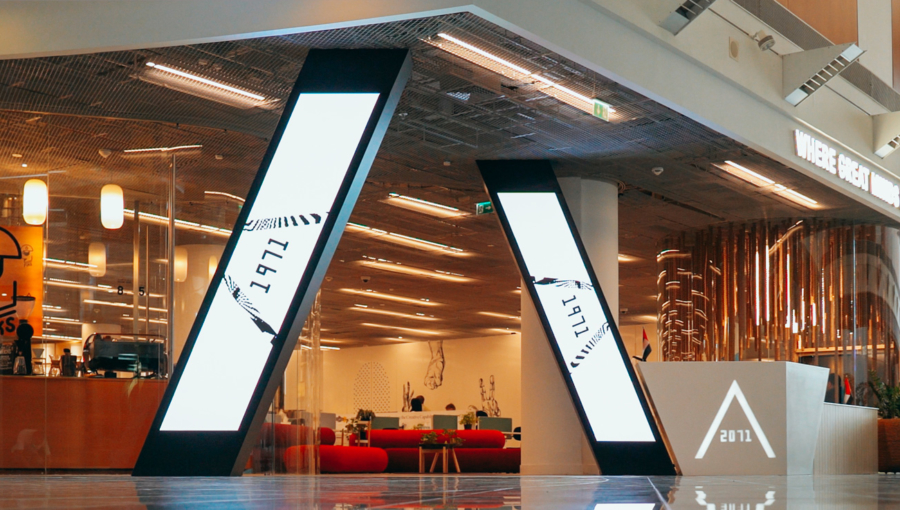Aviation X Lab, Dubai’s leading aviation-focused incubator based at AREA 2071, an innovation ecosystem of Dubai Future Foundation (DFF), has announced the shortlisted start-ups of its Carbon-Negative Moonshot challenge, aimed at identifying game-changing solutions that can help reduce the carbon footprint of the aviation industry.
Selected from 41 applicants, the two successful startups, ZALINA and SATAVIA, will now commence an intensive 12-week proof-of-concept incubation program, run in collaboration with Aviation X Lab’s partners – Emirates, Airbus, Collins Aerospace, GE Aviation and Thales. The next step in the program will be presenting the developed solutions to the Aviation X Lab Board Members.
The biotech company ZALINA has developed a proprietary nanotechnology to produce aviation biofuel and bioplastics using microalgae, CO2 and sunlight as the main feedstocks. Microalgae grow in seawater or freshwater, which eliminates the need for arable land. Each ton of microalgae biomass has the ability to capture two tons of CO2.
Meanwhile, SATAVIA uses AI and data analysis to study and tackle contrail formation. Created by aircraft cruising above 26,000 ft, contrails are line-shaped clouds that can contribute to the warming of the Earth’s atmosphere. To reduce the environmental impact of aviation through smarter flight planning, the startup has developed an AI platform called DECISIONX that uses weather prediction modeling to generate a high-resolution replica of the Earth’s atmosphere over time. The platform can determine atmospheric changes in temperature, sunlight, humidity, pressure, clouds and wind speed, among other factors.

Saeed Al Falasi, Executive Director of Future Design and Acceleration at DFF, said: “Aviation X Lab’s challenges align with DFF’s efforts to shape the future of the aviation sector by studying its challenges and opportunities, anticipating upcoming changes, and preparing to meet new and emerging needs at the local and global levels.”
Al Falasi highlighted the Foundation’s keenness to support initiatives that seek to enable startups from around the world to showcase their innovations and advanced technologies and connect them to the network of partners at AREA 2071.

Amna Al Redha, Project Lead at Aviation X Lab, said: “While aviation contributes only two percent of global carbon emissions, we know technology and innovation can drive this number down further. Aviation X Lab will help the winning teams reach the next level by supporting their innovative projects and leveraging its world-leading partners to accelerate their path to wider commercial adoption.”
Established in 2017 at AREA 2071, Aviation X Lab focuses on exploring solutions to two challenges – reducing the carbon footprint of the aviation industry and rethinking the modern airport. The incubator encourages startups, entrepreneurs and innovators from the UAE and abroad to participate in challenges set in partnership with government and private sector entities by developing groundbreaking projects and prototypes.
The success of ZALINA and SATAVIA follows a recent proof of concept completed by Finland-based startup NANOKSI, the winner of Aviation X Lab’s Accelerate Traveler Wellbeing challenge. The company has invented an active self-disinfecting coating solution based on titanium dioxide (TiO2) that uses photocatalysis to eradicate 98 percent of microbes within two hours. The innovative solution can be used across a wide spectrum of sectors – from travel to healthcare.
